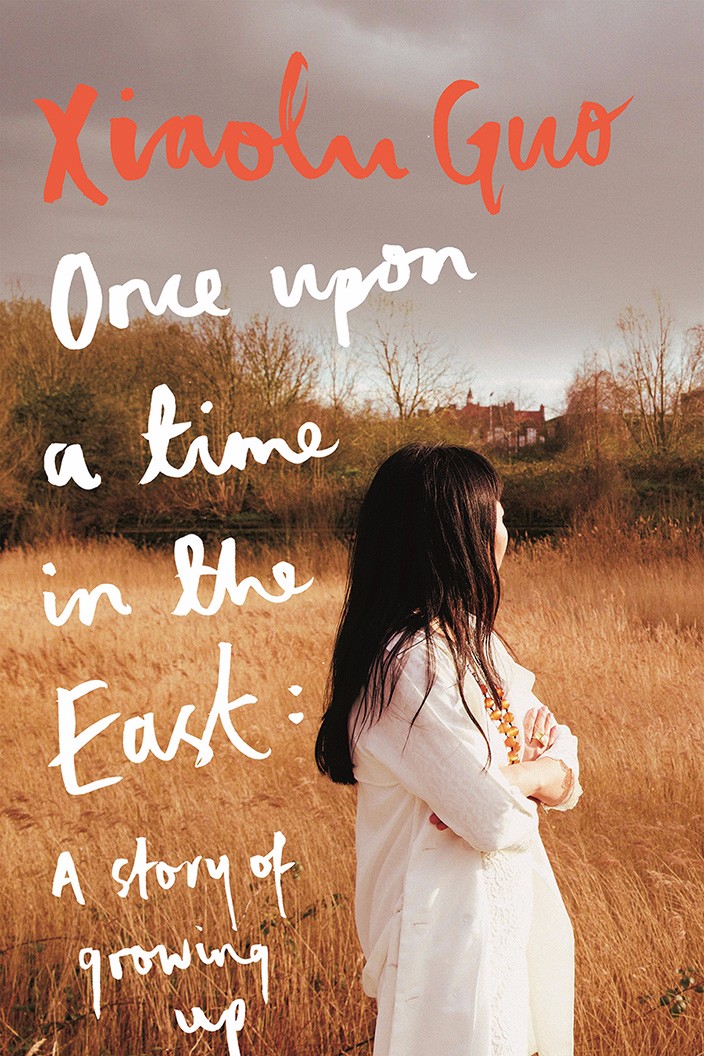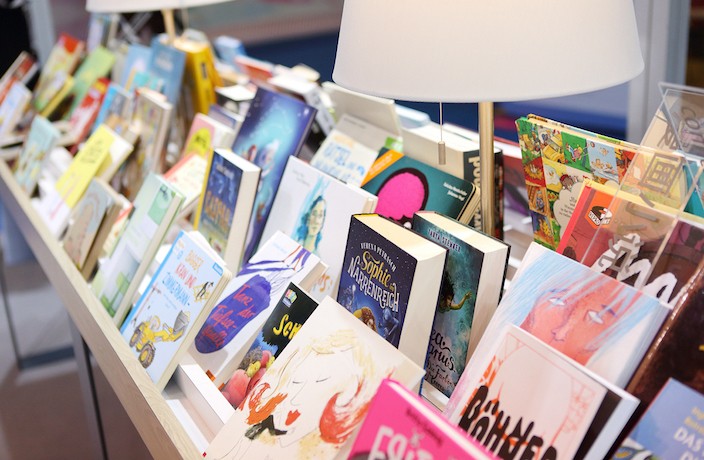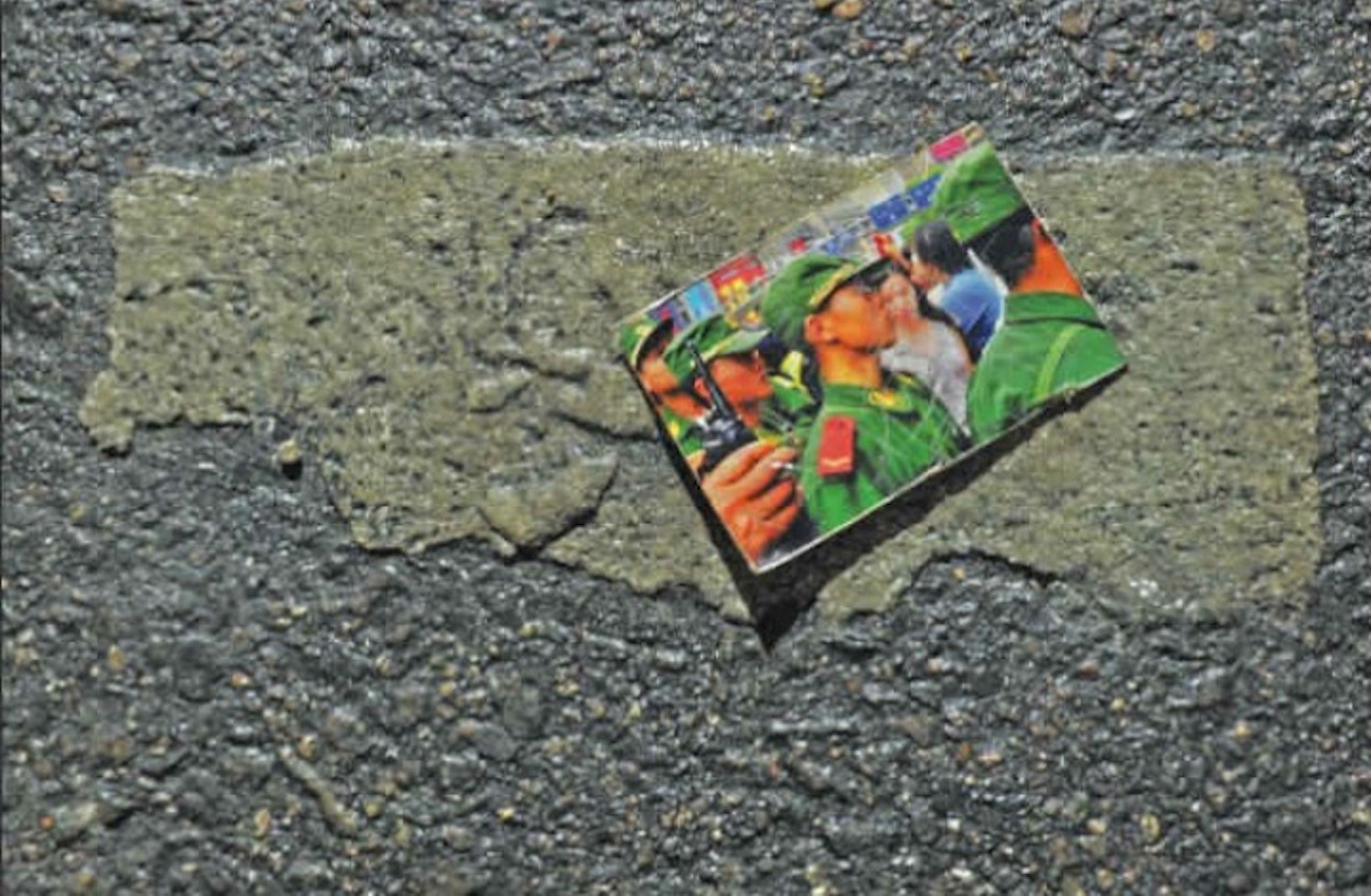Near the beginning of Once Upon a Time in the East, a Taoist monk prophesies that the book’s young protagonist will travel the world. She does, eventually, but what happens in between is no fairytale.
Once Upon a Time in the East is, rather, a memoir by Chinese-British writer and filmmaker Xiaolu Guo. Although ostensibly a ‘coming-of-age story,’ it’s more the story of a child flung into the cesspool of life and being forced to learn how to swim.
Abandoned as a baby, Guo experiences deep loneliness and loss, as well as physical and sexual abuse by the age of 12. She eventually escapes her small factory-town life for film school in Beijing, before finding success as a writer in London.
Aside from the opening chapter, which is set in the present day, the book follows a traditional linear structure. Each ‘part’ of Guo’s life is comprised of mini-chapters, with a superfluous and disruptive allegory about a magical monkey threading between each part.
This straightforward method of storytelling, coupled with Guo’s clear and poetic description makes the text both accessible and – mostly – a joy to read. Like the young artists she encounters on the beach as a girl, Guo paints a vivid picture with her words.
Unsurprising, perhaps. Guo is an accomplished and celebrated writer, after all. But the sheer effortlessness of it is remarkable.
Scenes from the fishing village where Guo grew up until the age of seven are particularly memorable. When a young Guo thinks about the parents she’s never met, she “didn’t know what to feel. Outside, the familiar street market lay deserted under a fish-belly white sky. My mood was grey, like the typhoon-drenched walls of every house in this old village.”
Scenes like this remain etched into memory long after reading. And those acquainted with the writer’s past works will undoubtedly be reminded of familiar plot devices and characters. Like the narrator of her debut English novel A Concise Chinese-English Dictionary for Lovers, Guo must learn how to speak English in a foreign country while navigating a cross-cultural romantic relationship.
But readers, both new and old, are taken on a unique journey in Once Upon a Time, as key moments of the author’s life are juxtaposed alongside significant events in modern China.
Because as Guo grows up, so too does China. Through Guo’s curious eyes we experience remnants from the Cultural Revolution, propaganda and censorship, Beijing’s rebellious 90’s art scene and subsequent Olympics-era construction.
Throughout it all, Guo writes with a certain detachedness, which at times comes across as cold. But, as Guo reminds us repeatedly, this is simply the result of circumstances beyond her control: “A granite hardness had grown inside me since I was a child. I was not an unfeeling stone, but at some level, my psyche had formed a hard knot or core that couldn’t be loosened.”
Still, it is a little depressing to read about Guo’s complicated relationship with her parents, and indifference towards her mother especially (and there is a bitter irony in her abandoning them as an adult, as they did to her in infancy).
As much as Guo tries to escape her past, it is ultimately these relationships with her family – at once regrettable and relatable – that are most heartbreaking. There are no grand reconciliations, no teary atonements. We are reminded, again, that life is not a fairytale. And without happy endings all we are left with are our own conclusions.

Once Upon a Time in the East is published by Chatto & Windus.





















0 User Comments